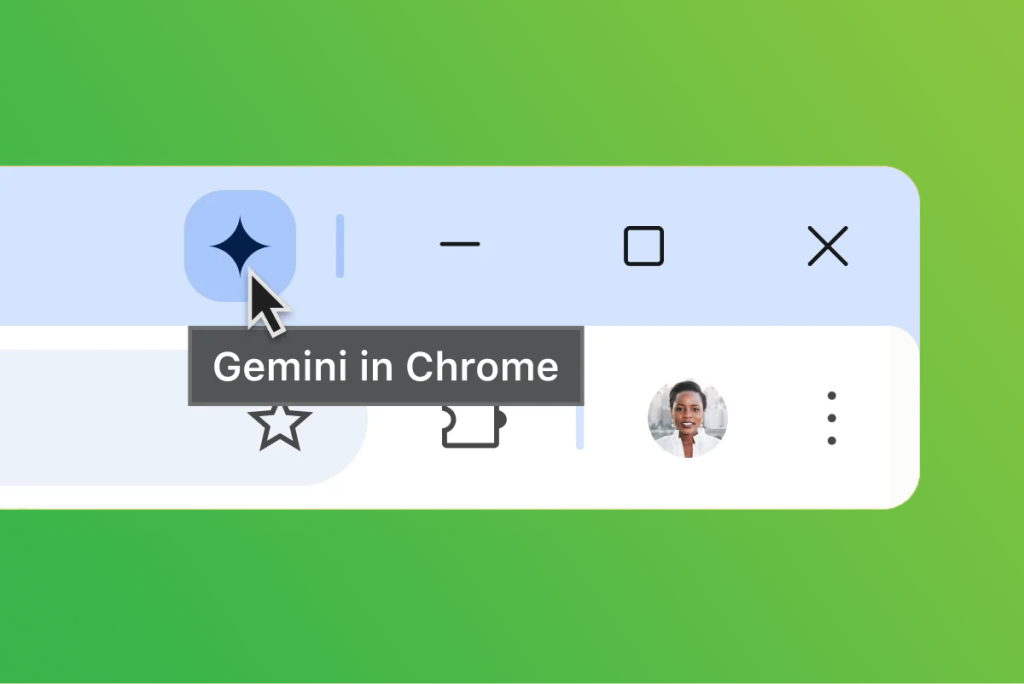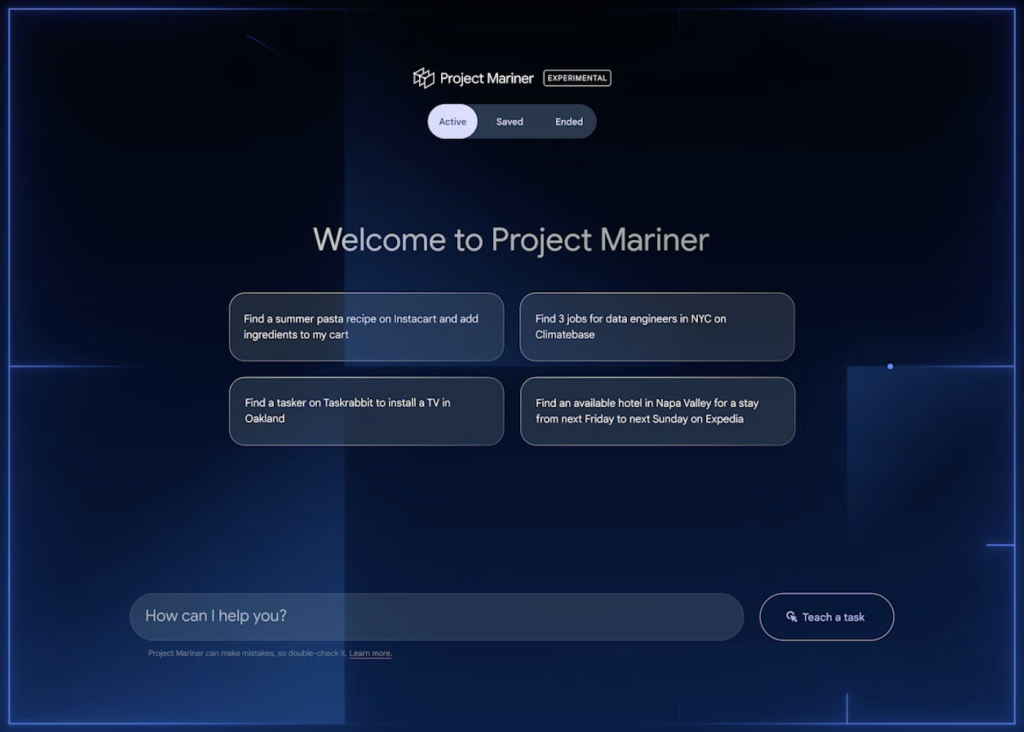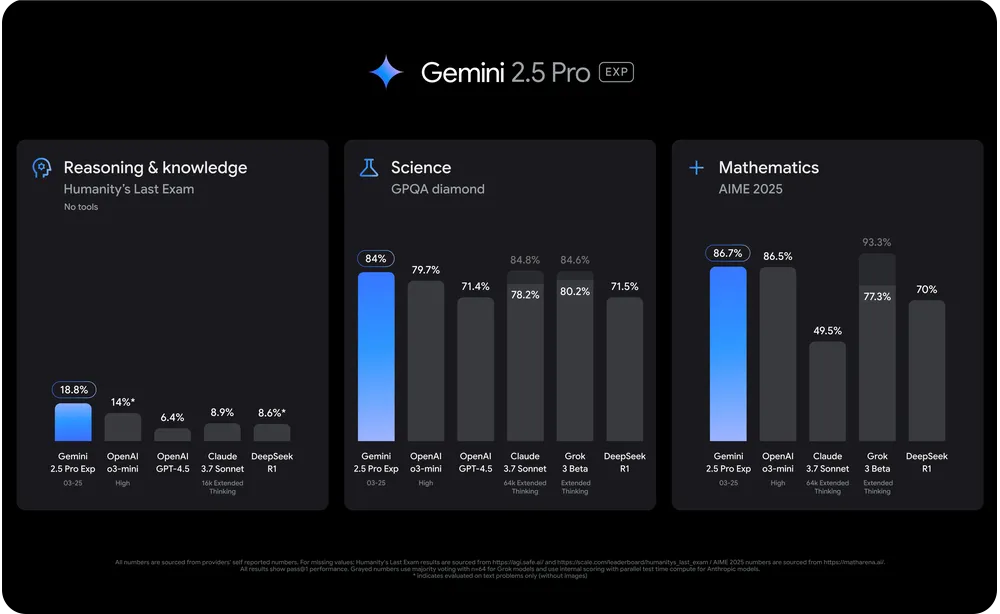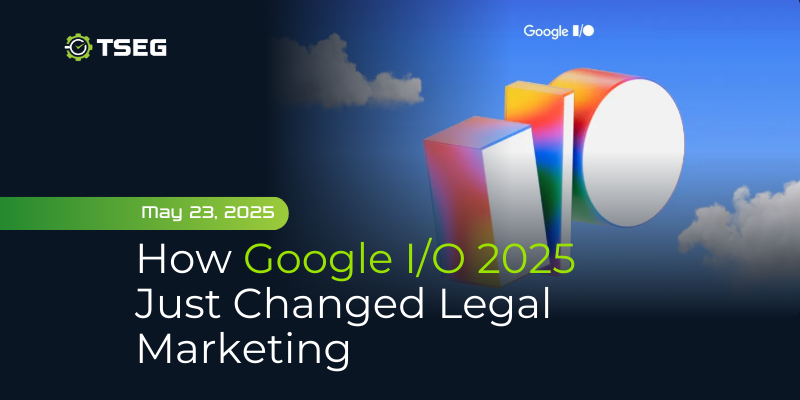How Google IO 2025 Just Changed Legal Marketing
Posted on Friday, May 23rd, 2025 at 2:25 pm
Major Search Changes Are Coming
At Google’s Annual Developer’s Conference, Google I/O 2025, the company revealed upgrades across its entire product line, with AI agents that can see, hear, search and even make purchases on behalf of users. They also introduced mind-blowing updates to its video and image generation tools, smarter chat assistants, and advanced AI integrations with apps like Gmail, Calendar, and Chrome.
These tools will change what it means to “Google” something. But more importantly, they will very likely change how law firms manage their search presence, engage new clients, and market their services online. And this is all being released today.
We’ve broken down the most important updates that attorneys need to know below.
See It All With Google’s AI Ultra Subscription
To access Google’s most advanced AI models and apps, you’ll need Gemini Ultra, a top-tier AI subscription priced at $249.99 per month. This subscription includes:
- Gemini in Chrome: Adds a chat window directly into the browser, where users can talk to Gemini about the site they’re viewing or even ask questions across all their open tabs. Google is also testing a voice mode where users speak with Gemini in real time while browsing — potentially changing how they read reviews, compare law firm bios, or interpret legal content.
- Project Mariner & Project Astra: Turns AI into an active agent for you. Users can ask it to guide their entire search process, including visiting law firm websites, comparing services, and filling out contact forms — all without a single click or tap.
- Gemini 2.5 Pro with Deep Think: Responds with more thoughtful, multi-step answers. Someone searching “What’s the statute of limitations in Texas for a personal injury case?” might now get a single AI-generated summary pulled from several law firm websites — without ever clicking through to any of them.
- NotebookLM (expanded limits): Lets users conduct advanced legal research before they reach out to a lawyer.
- Imagen 4: A high-speed, high-resolution image generator that produces visuals with detailed textures, lighting, and styles.
- Whisk: A simplified app built on Imagen 4 that helps non-designers create quality graphics with just a few prompts.
- Veo 3: Google’s newest video generator, described as a tool to create stunning, cinematic videos.
- Flow: An AI powered video editor that automates timing, captions, translations and b-roll for short form videos.
These tools may come at a high subscription price, but they’re an early glimpse at the future of search. People are searching in completely new ways, and some law firms are adopting these technologies now to get a head start. Keep reading to see how we anticipate these new features to change search.
Gemini + Chrome = Chat With Websites
Gemini is now built directly into Chrome, and it’s changing how people interact with websites — including yours. Instead of reading page by page or flipping between tabs, users can now chat with Gemini about the content they’re looking at. They can ask follow-up questions, request a summary, or compare what’s on multiple tabs without navigating anywhere else.
Google is even testing a voice feature that lets users speak to Gemini about a site in real time. That means someone researching legal issues could pull up your homepage and start a live conversation with AI about your services, your results, or your practice areas — without ever reading a full paragraph.

This puts pressure on law firms to publish content that AI can interpret and summarize clearly. If Gemini can’t pull useful information from your site, it will move on to one that can. And if your competitors’ content answers the user’s questions better, they’ll be the ones that get recommended next.
AI That Takes Action for Users
Google introduced two key AI features at I/O 2025 that show how people may soon use technology to research legal issues and take action without ever clicking through a traditional website.
Project Astra is a real-time, multimodal AI system that responds to what users see, hear, and say. Demonstrated through a prototype pair of smart glasses, Astra can answer questions on the spot as someone looks at a document or a screen. This could eventually let users ask spoken questions while reviewing a law firm’s website or printed legal materials.

Project Mariner handles task execution. Instead of simply providing answers, it can visit websites, compare services, and complete contact forms based on a user’s prompt. This could allow someone to research firms and schedule a consultation without directly interacting with a single site.
Smarter Answers Before a Call Ever Happens
Deep Think, built into the Gemini 2.5 Pro model, is designed to deliver more thoughtful responses by evaluating multiple answers before choosing the best one. That changes how people approach legal research.
Instead of manually scanning law firm blogs, a user can now ask Gemini a layered question and get a detailed response built from multiple law firm websites. That response may include summaries from state-specific statutes, snippets from personal injury FAQs, and highlights from blog posts. If your firm’s content feeds into that answer with a citation, it could become the first touchpoint in the client journey.
Deep Think takes time to respond more carefully. It considers several approaches before deciding which one provides the best answer. Could users eventually trust it enough to let it decide which firm to contact?
Here is a quick visual comparing Gemini to other AI tools in a few key areas:

NotebookLM Helps Users Break Down Legal Documents
NotebookLM is Google’s AI-powered research tool. With the latest updates, users can now upload their own documents, including PDFs and images, and ask questions to better understand the content. That includes court letters, insurance paperwork, contracts, or anything else they are trying to make sense of on their own.
This feature gives people a way to process legal information before they decide to call a lawyer. They can ask the AI what something means, what steps to take next, or how the information might relate to their situation.
For law firms, this changes when and how a potential client might reach out. Instead of calling with basic questions, they may come in already informed. Or, if your content appears relevant to what they are reviewing, NotebookLM could bring your firm into their research process earlier than ever.
Tools to Revamp Content Strategies
The Imagen 4 image generation model is significantly faster than its predecessor and now produces sharper detail in elements like fabric textures, reflections, and lighting. It supports more aspect ratios and higher resolutions, which gives law firms more flexibility when designing content for different screen sizes. Whisk simplifies the image creation process by turning basic prompts into usable visual assets without requiring technical skills.
On the video side, Veo 3 now generates ambient sound, voice, and background noise alongside visuals, which allows firms to create more complete video content from a single prompt. Flow ties it all together by providing an interface to edit and publish those videos quickly. These upgrades make it easier to produce website visuals, social media clips, and branding materials without relying on outside production.
Bonus: Google AI Mode Rolls Out to the Public
Google announced that it is officially rolling out AI Mode in Search to all users in the U.S., expanding access beyond its previous limit within Google Labs. This update gives everyday users a new way to ask complex or multi-part questions and get conversational responses directly in the search interface.
For law firms, this moves legal queries away from traditional search and into the new era. Instead of typing in short phrases and skimming through results, users can now ask detailed questions about legal situations and receive structured answers immediately. This lowers the chance that someone will dig through multiple websites and raises the importance of having clear, AI-readable content that answers questions directly.
As AI Mode becomes standard, firms that rely on vague or generic content will risk falling behind. Those that invest in helpful, well-structured content written in plain language will be more likely to show up when it matters.
What’s Next?
Google’s announcements at I/O 2025 point to a future where potential clients rely on AI to ask better questions, get clearer answers, and take action faster. These tools are not replacing search, but they are changing how people use it. From video and image generation to real-time conversations and automated task completion, the way clients find and choose a law firm is going to look different than it does today.
Firms that build content with these changes in mind will be easier for AI to understand and easier for people to trust. TSEG helps law firms stay ahead of that curve with strategies built for how people actually search and make decisions now and in the years ahead.
